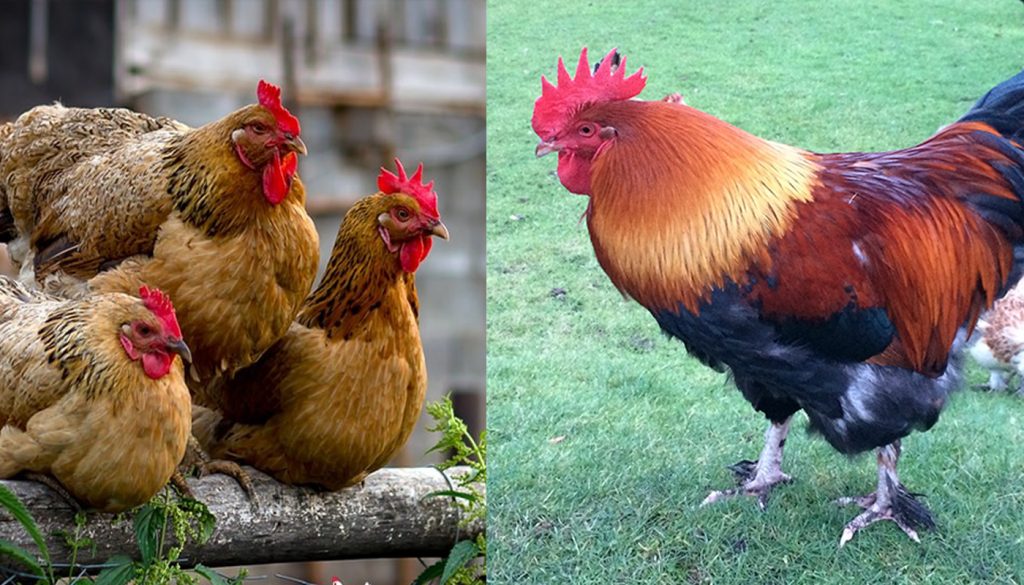
The Welsummer roosters are probably the rooster everyone pictures when they think of one. Their perfect rooster shape is well known and in fact, the rooster on the Kellog’s Cornflakes box is a Welsummer rooster whose name is Cornelius.
They are the perfect dual-purpose breed that will compliment any flock. They are also one of the best foraging breeds. These delightful curious and highly intelligent chickens make great pets as they have a friendly nature but are not really docile they are quite lively and active.
| Country of Origin: | Netherlands |
| American Poultry Association: | Recognized as a breed of chicken in the United States |
| Chicken Category: | Large Breed |
| Chicken Class: | Continental |
| Bantam Variety Available? | Yes – Single Comb Clean Legged Bantam Classification |
| Good Starter Chicken? | They are a low maintenance chicken that is hardy, intelligent and friendly making them a good starter chicken. |
PURPOSE⇒ |
Eggs: They are good egg layers.
They lay large dark reddish brown eggs up to 160 per year They will lay throughout the year They start to lay eggs from around 20 weeks old.
Meat: Good meat birds with yellow skin
Breeding: They are good breeding birds.
If you are breeding the Welsummer for show choosing the correct hens and rooster bloodline is crucial. For advice on breeding please check our guide to breed poultry.
Foraging: They love to scratch and forage about. They are one of the best breeds for foraging.
Show Bird: They make a good show bird
Pets: Although they are quite lively and active they have a friendly nature and make good pets.
Other: They love to garden with their humans, scratch
Scratch out weeds and get rid of pesky pests that your garden can do without. They will give your organic garden a lot of nutritious fertilizer to ensure great blooms and tasty vegetables. |
| Flyers? | They can fly |
| Noisy Birds? | Not too noisy |
| Interaction with other chickens: | They get along well with other chickens. As with any flock if you are introducing new birds it is best to slowly socialize them with the flock. |
| Good with kids? | They are good with supervised children |
HISTORY
The Welsummer was developed in the early twentieth century. It originates from a small village in the eastern Netherlands called Welsum.
The bird was developed from the cross breeding of the Partridge Leghorns, Cochins, Wyandottes, Barnevelders and Rhode Island Reds.
They were bred as a dual-purpose breed that laid a lot of large dark reddish-brown eggs (almost terracotta color) and had a good-sized carcass with tender yellow meat.
As the breed was perfect between 1922 too 1923 some chickens were exported to the United Kingdom where they were accepted to the British Standard in 1930.
Originally only the Welsummer eggs were exported for commercial trade but the birds started to draw some interest as another practical quality of this bird is that there is a very obvious difference between the male and females. This allows the chickens to be sexed upon hatching.
The females have a triangle that is clearly definable on the tops of their heads whilst the males have a blurry marking that is less definable.
Although the Welsummer had been brought to the USA in the early twentieth century it was not accepted into the Standard of Perfection by the American Poultry Association until 1991.
CHARACTERISTICS |
|
|---|---|
IDENTIFICATION⇒ |
Appearance/Body: The roosters have a beautiful intricate coloring
across their saddle they have a dark rich red, bright green wings and magnificent black tail feathers. They have rich red comb, wattles and earlobes. The red single comb is a bit smaller than on the female but just as bright. The ladies have a beautiful deep red/brown plumage known as red partridge.
Color(s) Red Partridge
Comb: They have a single comb
Ave. Weight: Hens/Pullet 5 – 6 lbs.
Cockerel 6 – 7 lbs. |
| Life Expectancy: | The average lifespan is 7 – 8 years |
| Health: | The good news about these beautiful birds is that they do not have any known health issues. |
| Temperament: | They are quite an active bird that is intelligent and friendly |
| Socialize Behavior? | They get along well with all other animals |
| Known predators: | Most domestic animals leave them alone but it is always best to keep an eye on dogs and cats. If hawks and or foxes are in your area it is always best to take precautions. Check with local animal shelters, zoos, vets, animal control and or pet stores about common predators in your area. |
| Conservation Status: | These birds conservation status is not in danger so not listed. To check a chickens conservation status checkout the national conservation centers website. |
IDEAL ENVIRONMENT |
|
|---|---|
| Garden Size: | These great birds adapt well to any garden size and do well in confinement. However, as with any animal they love to roam free and free-range. |
| Ideal Climate: | They do not mind the cold or heat making them weather hardy |
| Ideal Coop: | The rule of thumb for any coop is 50 cm x 50 cm per hen/rooster in the coop. Ensure there is a good space for the nesting boxes and nightly roosting rails at least 1.5 inches wide. Good ventilation for air but not too drafty especially in winter. It is always a good idea to raise the coop off the ground to give the birds a dry place to roost and lay especially in wet weather. |
| Ideal Coop Run: | They can fly it is best to completely cover the coop run with chicken mesh or similar materials to ensure the bird’s safety and to keep them from flying away. |
| Ideal Flock Size: | They like to socialize so there should be more than one chicken in the flock for them to free-range around the garden with. |
| Special Instructions: | They do not have any special requirements as they are quite self-sufficient chickens. As they are great forages they take half the amount of feed that other chickens do. |
| Accessories: | The following accessories are ideal for your coop: Nesting boxes Straw for the boxes and roosting area Roosting rails Perches Water troughs/bowls Food bowls/feeders Heating lamp(s) Animal carrier for transport purposes |
| You may Also Like: | 45 FREE DIY CHICKEN COOP PLANS, TUTORIALS AND DESIGNS |
WHERE TO FIND THESE BIRDS TO ADD TO YOUR FLOCK
Welsummer is quite a popular backyard or small flock chicken breed. They can be found at most live poultry outlets and farms. Registered breeders can be found on the American Poultry Association or the Livestock Conservancy websites. The Welsummer Club of North America will have a wealth of information, registered breeders, tips, advice and any special requirements, attention or car the chickens may need. If you plan on breeding your chickens, you will want to make sure that they are from a good bloodline. The Welsummer Clube of North America will be able to help with the breeding and showing of these birds.
CARING FOR THE BIRD(S)
Please click here for our full guide to “Taking care of chickens”. This is a comprehensive guide to owning chickens. It covers where to start from choosing your ideal flock, the coop that would best suit your garden, your bird and you to buying and bringing your bird(s) home.
GENERAL
These are great as pets and make beautiful showpieces for the garden especially the roosters.
As they are a very weather hardy chicken they do not have a lot of special requirements and as they prefer to eat what they forage do not cost as much as most other chickens do to feed.
GROOMING
A well-placed dust bath or two in the garden or coop run is all that these chickens require for grooming. If you want a natural way to control pests that get between their feather you can mix in some herbs such as lavender. Watching chickens take a dust bath is a sight to behold especially if it is the first time you have seen it. Dust baths help to control the excess oils that build upon their feathers as well as rub away pests that their preening could not move or missed. It is always the way the chickens get clean as a dusty chicken is a clean chicken. Even if your chickens take regular dust baths they still need to be checked on a regular basis for mites, lice and various other parasites. Checking for these parasites and critters should be done at least once a week. As Welsummer do not mind being handled it should not be too hard to inspect them! Always get your birds de-wormed on a regular basis especially if they are around other animals or interacting with kids.
DIET AND NUTRITION
As Welsummer are great foragers that prefer to eat fresh picking of insects, bugs and other pests that have pecked up in the garden they tend not to cost too much in chicken feed. They also love indulging in table scraps and will eat most vegetable or fruit leftovers as tasty treats. As with other chickens, they will eat chicken pellets, grains, chicken mash or grain mix from 8 weeks old and older. It is advisable to feed them their regular food first thing in the morning before they are let out to forage.
For baby chickens, the best is always Chick Starter when they are under 8 weeks old.
Laying hens should get extra protein and calcium in their diets to ensure the quality of their eggs and to keep them in tip-top health.
Please see our comprehensive guide to “Feeding your chickens” for more information of the different types of chicken feed for chicks, hens, laying hens, roosters, etc. and where to buy the feed and approximate cost of the feed.
SOCIALIZING THE BIRD(S)
Although they are quite friendly birds they can be a bit standoffish towards newcomers. They are not overly aggressive birds though and will eventually warm up to other chickens.
If you want to introduce another breed with your Welsummer, try a breed that is not too aggressive or has a gentle nurturing kind of nature.
As with any newcomer to the roost, you will have to quarantine the bird for 7 – 31 days to ensure it does not have any unwanted critters or disease that could spread to your current flock.
They do have a well-established pecking order in the flock, so it is advisable to socialize them slowly and determine when it is right to allow newcomers to become a permanent part of the flock.
NOTES / SPECIAL INSTRUCTIONS
As they are not registered on any conservation status list so should not need an extra license to own or keep in your garden. For advice on what the bird’s conservation status and orders are, please check with your local conservation department.
For breeders, it is imperative that you always check your bird’s bloodlines and ensure you are buying your birds from a reputed breeder/farm. In order to sell birds of such stature, they have to be recorded and documented, always check with local animal breeding organizations for these records.
These legitimate documents are also required should you wish to show your bird(s) in various poultry shows/competition showings.
For information and advice on adopting rescued animals, you can visit or contact your local animal welfare center.
Video
USEFUL LINKS
- Caring for your Chicken
- Feeding
- Health
- Socializing your Chicken
- Breeding Chicken
- Raising Chickens A-Z
- Hatching Eggs
- What is Molting
- Animal Shelter (ASPCA)
- American Veterinary Medical Association
- American Poultry Association
- American Animal Welfare Society
- American Animal Control
- American Animal Husbandry Society
References
- https://en.wikipedia.org
- https://livestockconservancy.org
- https://www.roysfarm.com
- https://www.mypetchicken.com
- https://www.backyardchickens.com
- https://www.feathersite.com/
 80+ Best Chicken Coops and Runs to Buy
80+ Best Chicken Coops and Runs to Buy Cubalaya Chicken Breed – Everything You Need to Know
Cubalaya Chicken Breed – Everything You Need to Know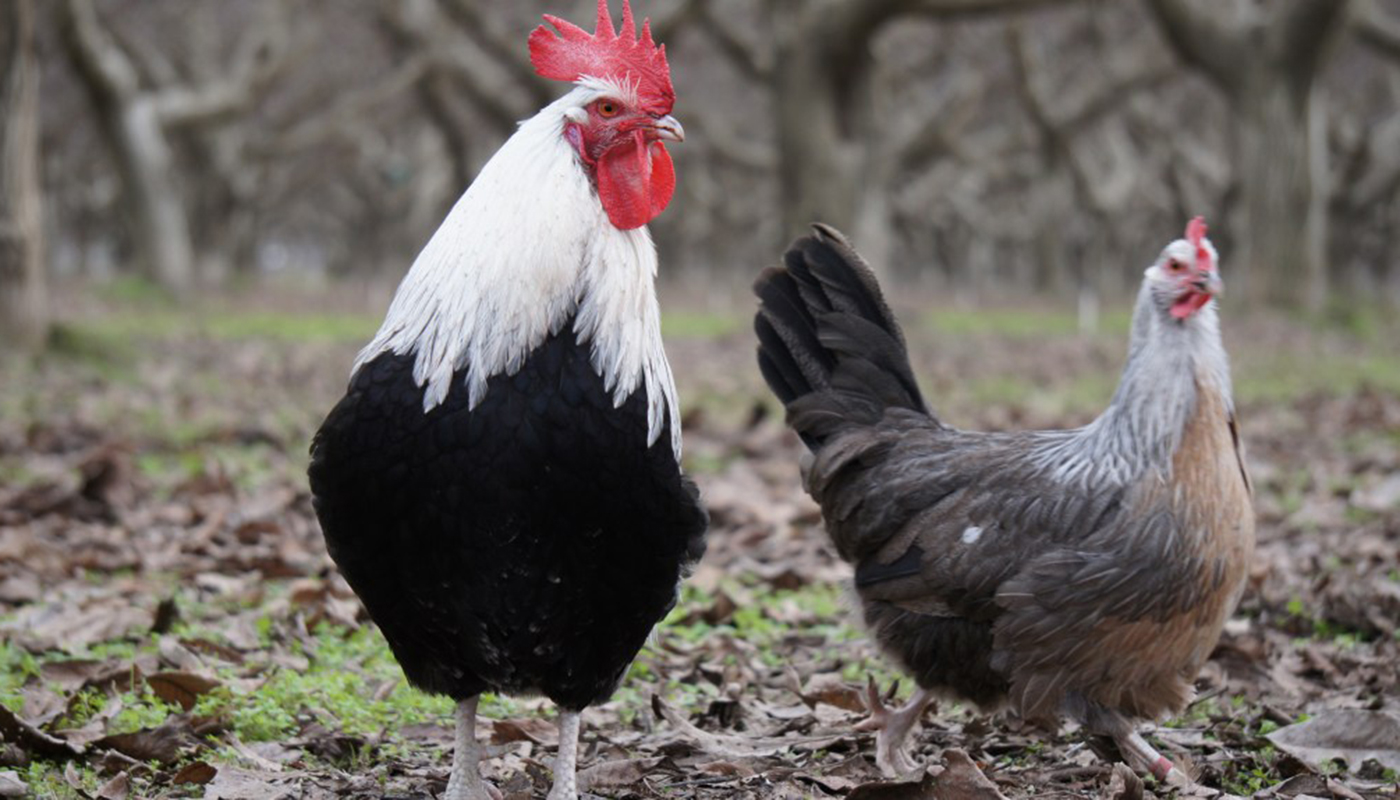 Dorking Chicken Breed – Everything You Need to Know
Dorking Chicken Breed – Everything You Need to Know Ameraucana Chicken Breed – Everything You Need to Know
Ameraucana Chicken Breed – Everything You Need to Know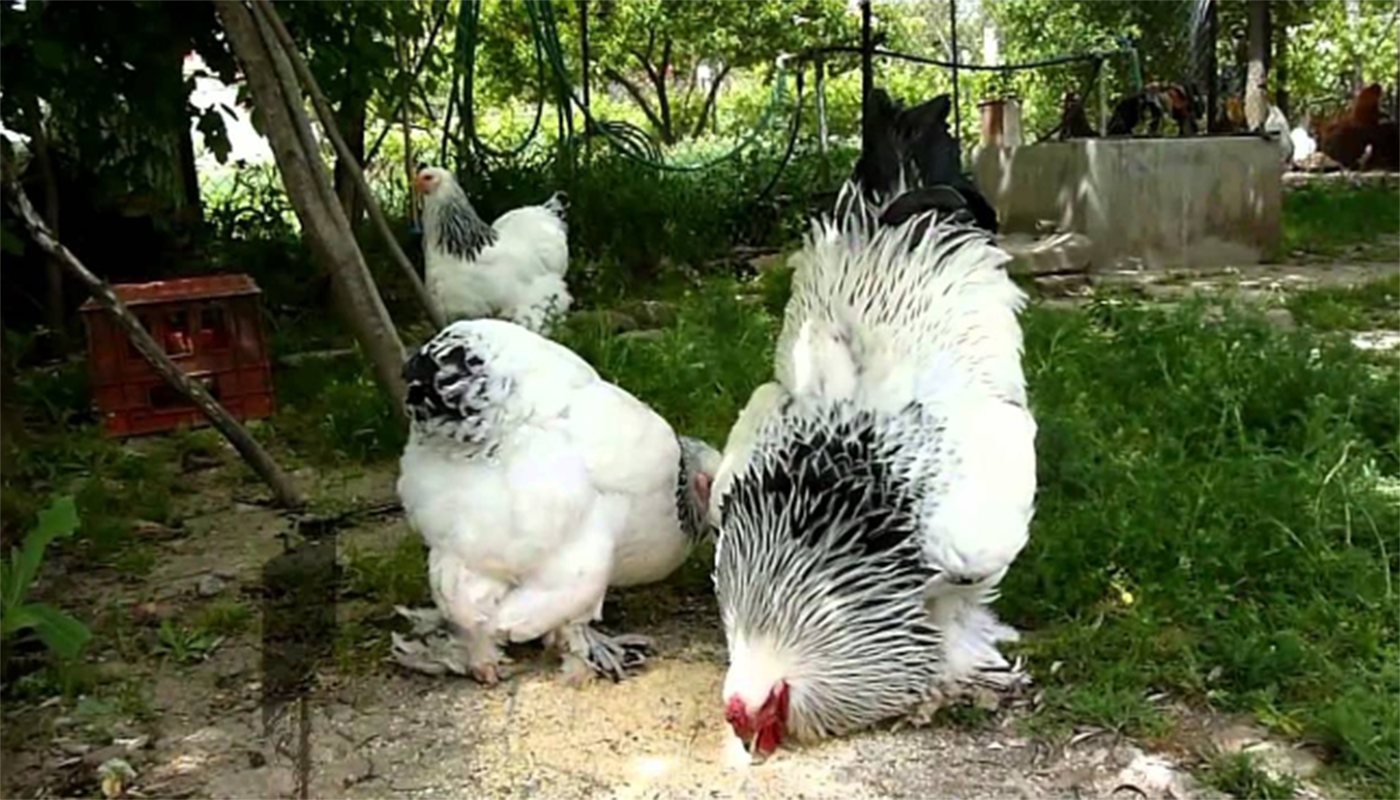 Brahma Chicken Breed – Everything You Need to Know
Brahma Chicken Breed – Everything You Need to Know Australorp Chicken Breed – Everything You Need to Know
Australorp Chicken Breed – Everything You Need to Know CHOOSING YOUR FERTILIZED EGG(S) – HATCHING EGGS PART 2
CHOOSING YOUR FERTILIZED EGG(S) – HATCHING EGGS PART 2 New Hampshire Chicken Breed – Everything You Need to Know
New Hampshire Chicken Breed – Everything You Need to Know Catalana Chicken Breed – Everything You Need to Know
Catalana Chicken Breed – Everything You Need to Know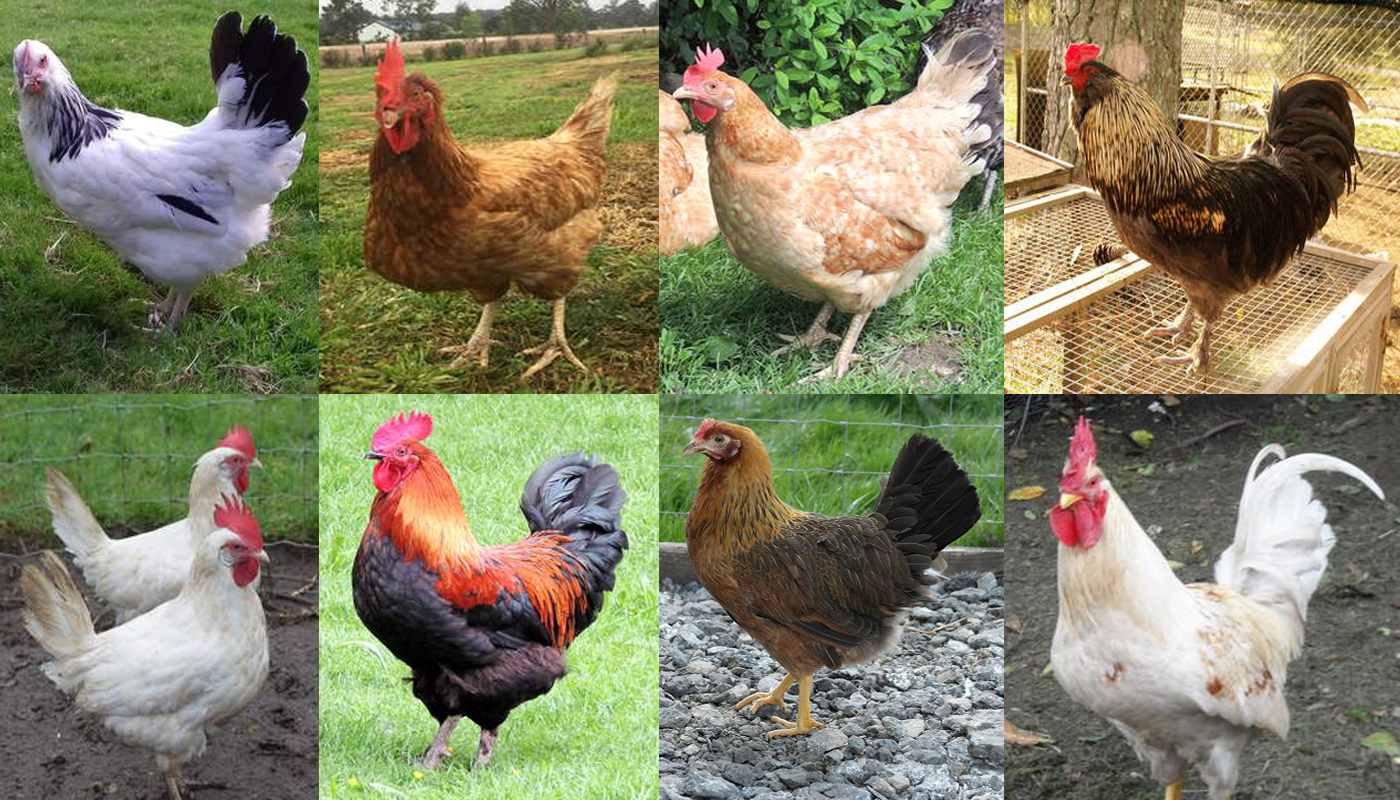 10 Chicken Breeds that Make the Best Starter Chickens for the First Time Poultry Keeper
10 Chicken Breeds that Make the Best Starter Chickens for the First Time Poultry Keeper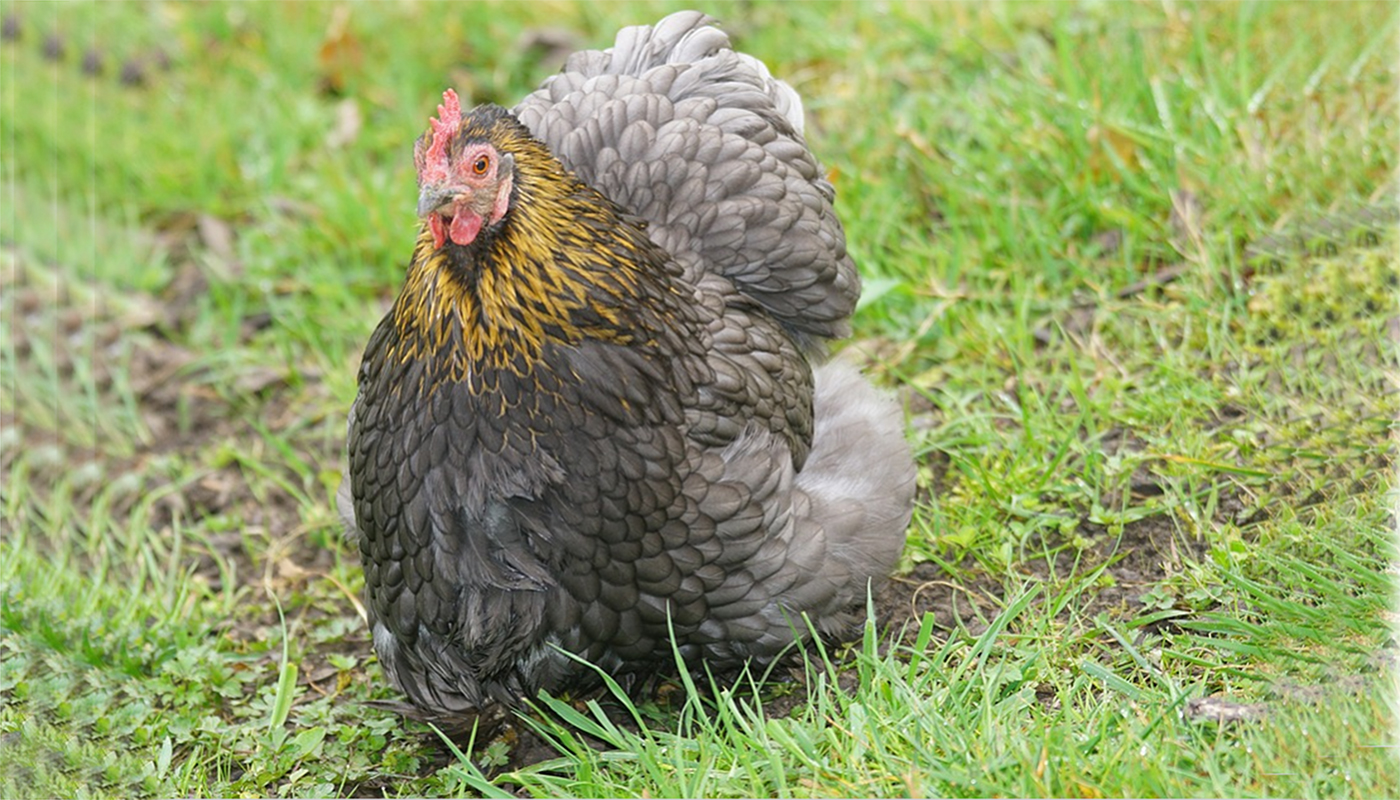 Cochin Chicken Breed – Everything You Need to Know
Cochin Chicken Breed – Everything You Need to Know The Top 10 Backyard Chickens to suit any Coop or Garden Size
The Top 10 Backyard Chickens to suit any Coop or Garden Size